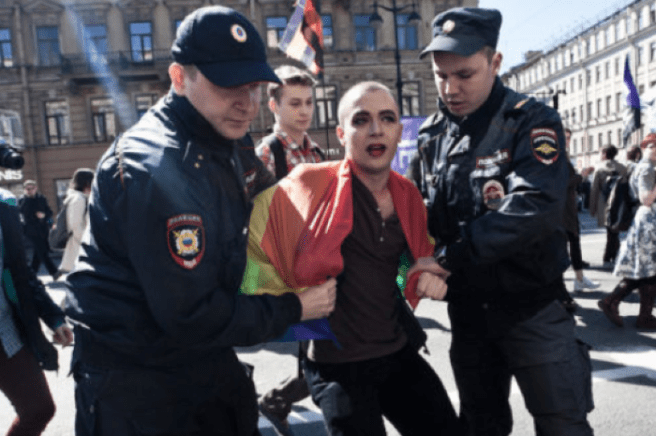
Seth Levin
Abstract: Intranational conflict such as that seen in Chechnya raises important questions surrounding the application and extent of human rights laws on the international stage. This article examines the Russian-Chechen intranational conflict and argues that while human rights courts such as the European Court of Human Rights (ECHR) are needed, they are ultimately ineffective because they are a supranational organization with little jurisdiction or power to enforce rulings. Furthermore, this article makes clear that transnational advocacy groups (TANs) can do what the ECHR cannot by supporting strategic litigation and increasing public awareness of human rights abuses in Russia. By organizing ECHR cases concerning the Chechen conflict into three phases, one from 1999 to 2003, the second from 2004 to 2007, and the third from 2007 until present, this article shows that even as the ECHR adapted and improved its responses to human rights abuses in Russia, the Russian government could effectively ignore any ECHR ruling. However, TANs are able to support specific cases by targeting specific Russian laws or procedures, which will work to introduce more human rights values and laws into the Russian legal system, effectively changing Russia from the inside rather than attempting to impose rulings from an outside supranational court.
Key Terms: Chechnya, Russia, European Court of Human Rights, transnational advocacy, national sovereignty, United Nations, human rights, terrorism
Click here for full article


